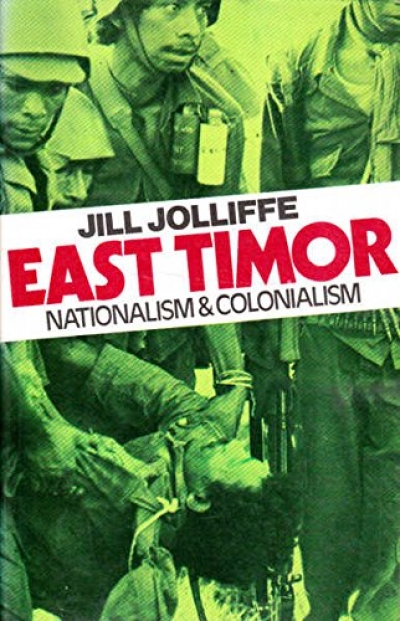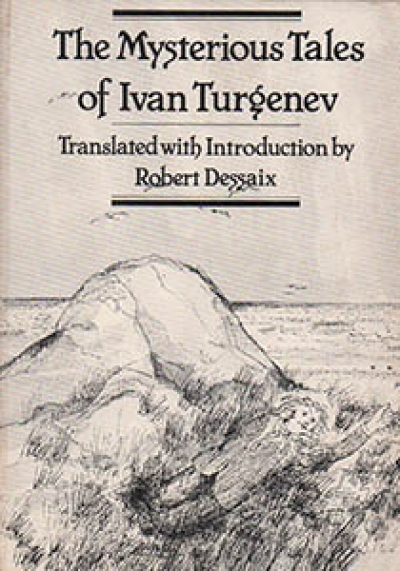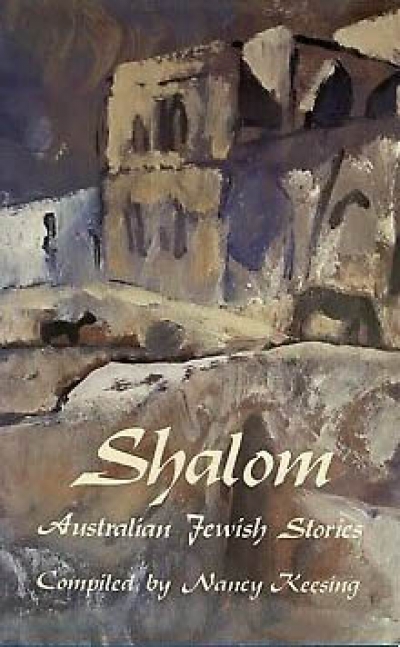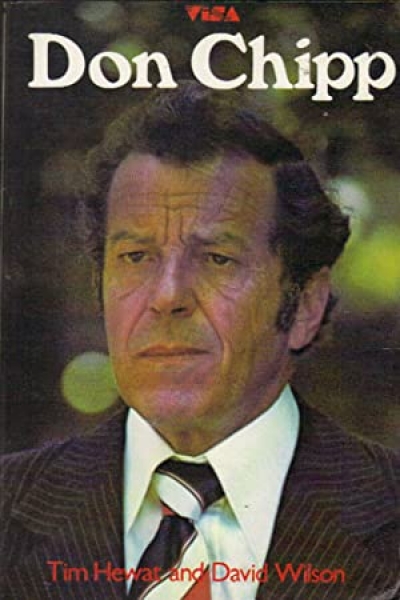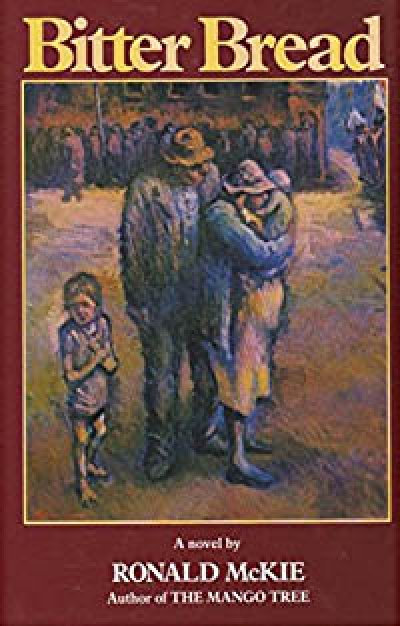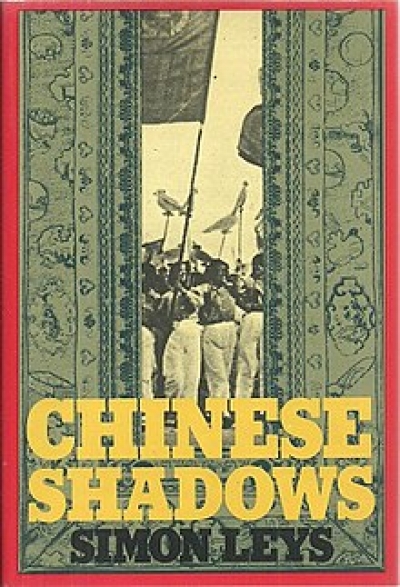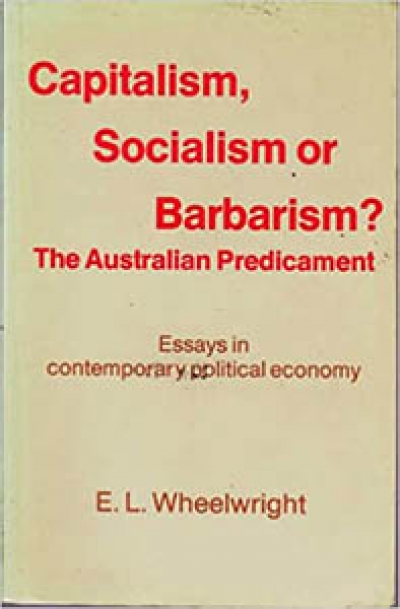Archive
Beverley Kingston’s review in this issue draws attention to the effect the Women’s Liberation Movement has had on our understanding of our past. By asking the questions insistently imposed by the present, the historians of women’s affairs have not only forced us to see a segment of our history which had been hidden, but have made us realise that this omission was just part of a total distortion of our view of history, and therefore of life. This distorted knowledge of the past affects the way we see ourselves, and thus diminishes our recognition of the possibilities open to us in the present. The unreasoning hostility which the Women’s Movement has aroused can be explained only in terms of our fear of the unknown. These new ideas do not threaten just the security which a male-dominated world offers to men and women alike. Rather, by taking away our comfortable structure, they take away our personal identity, and therefore threaten the existence of any kind of order.
... (read more)

